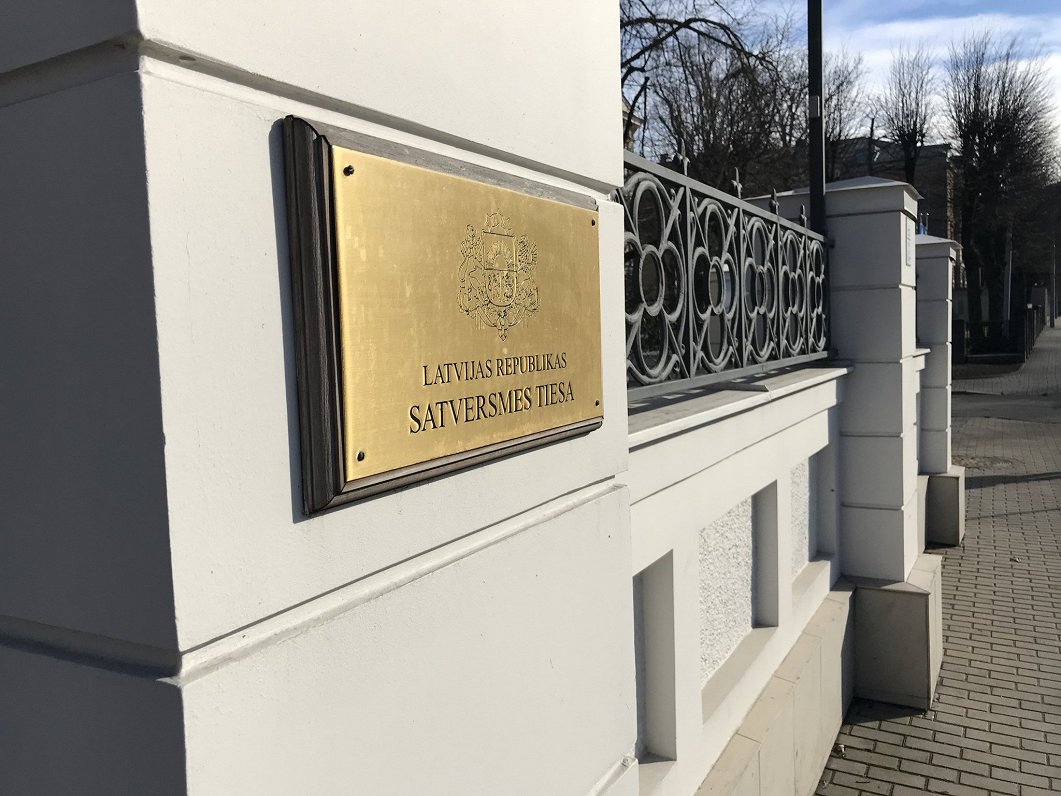The Constitutional Court concluded that such an approach does not correspond to the State's obligation to protect families, stated in the Constitution.
The rule expires on 1 June 2022, as stated in the Constitutional Court judgment. The judgment of the Constitutional Court shall be final and unappealable, it shall take effect on the day of its publication.
Government regulations provide that the State fee for the maintaining of real estate rights in the Land Registry (if the value of real estate exceeds 10 minimum monthly salaries) is significantly lower for the spouses than for the other heirs.
The Ombudsman disputed the compliance of this rule with the Constitution, considering that it does not protect the families with same-sex partners – in a situation where the inheritance was left by a same-sex family partner, the heir must pay the same State fee as a person who has not been associated with the family relationship with the deceased.
The Ombudsman considered the contested rule to be incompatible with the State obligation specified in the Constitution to protect and support families. Under the contested rule, a partner of the same sex would have to pay a fee of 60 times as much as that paid by the surviving spouse of the deceased.
The Constitutional Court stated that the Constitution includes the State's obligation to protect and support every family, so the rule would be abolished and in future include same-sex partners in the reduced fee.
A standing issue is that the legislature has not determined the legal regulation of same-sex partnerships.
In a judgment delivered on 12 November, the Constitutional Court stated that the rule where only the father of the child may receive parental leave aid does not comply with the Constitution. The court also stressed that the family is not just a marriage-based union. It is therefore the responsibility of the State to protect and support the families of same-sex partners.
At the time, the Constitutional Court gave the legislator time to allow the Saeima to adopt the most appropriate legal framework for family relations between same-sex partners and to provide social and economic protection and support measures for same-sex families. But it hasn't been done yet.
The Constitutional Court noted that the state “legally does not see” actual existing families of same-sex partners.
The Constitutional Court also pointed out that the regulation of family relations and protection should be uniform and consistent, so the government should ensure that the economic and social protection of the family covered by the Cabinet rules is consistent with the new family relationship framework, as well as with the general principles of law.




























